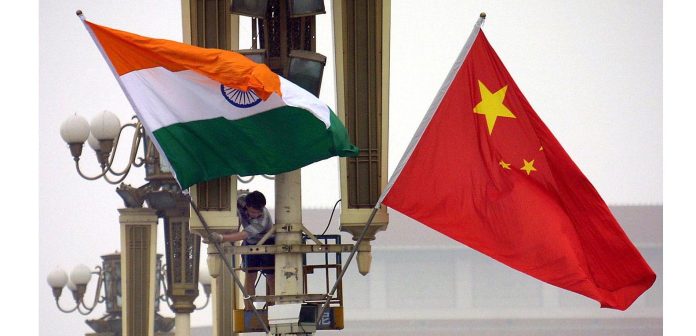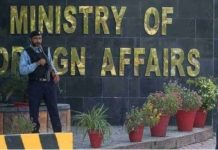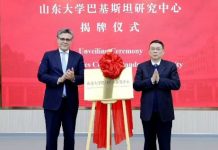ISLAMABAD, JUL 18 /DNA/ – Sino-Indian relations displayed a great deal of potential during two recent events, i.e., the pandemic and the Russia-Ukraine crises, said Professor Dr. Swaran Singh. He was addressing a webinar titled New Dimensions on the Sino-Indian Relations, organised by the Institute of Regional Studies (IRS).
Professor Singh said that the current Sino-Indian ties were rooted in the shared mission of overcoming the limitations which rendered them constrained in progressing their ties across all sectors. He said that it was interesting to note that how India and China worked hand in hand during the pandemic. The complementarity in their actions to assist their neighbouring countries symbolized the potential for a much deep rooted partnership.
Furthermore, he added that the agreement of both the countries to denounce Russian aggression in Ukraine projected amicable grounds for cooperation. While there were major dimensions between the two countries, areas of cooperation were equally immense, he added.
Professor Lin Minwang from Fudan University, China said that while the strategic shift in Indians foreign policy was evident and more so, quite beneficial for its bilateral relations, India still seemingly had certain limitations towards China.
An important facet of the Sino-Indian engagement was its overall influence on the region, said Ambassador Riaz Muhammad Khan, former Foreign Secretary of Pakistan. Referring to the Russia-Ukraine crisis he said that the conflict had revealed how military conflicts could result in unintended consequences no matter how meticulously planned. He added, that Russian adventurism in Ukraine had global and regional consequences, which could prove disastrous for the economics of the region. Ambassador Riaz added that at present India-China trade was close to 700 million dollars and hence any economic misadventure could prove seriously threatening for the region. New, inclusive and cooperative frameworks were the need of the hove and bossy, assertive and military approaches had to be abandoned, placing economic uplift at the heart of all engagement, he said.












